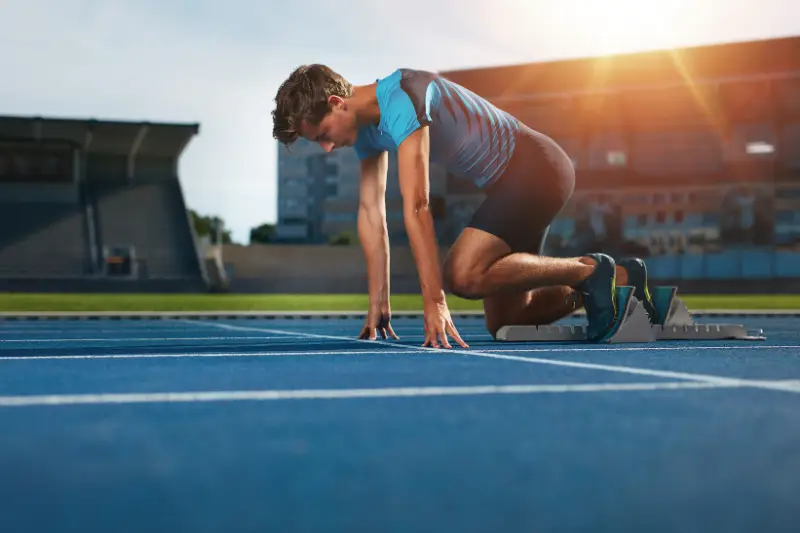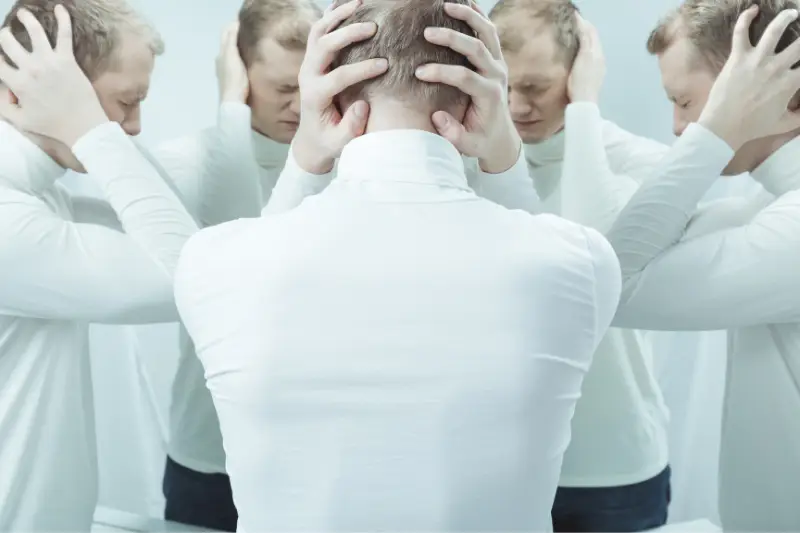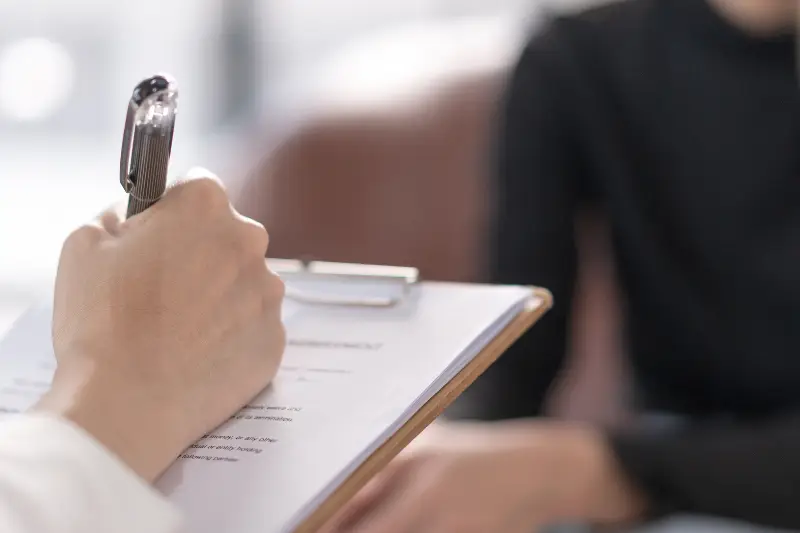
Getting nervous before the big game is normal. However, if that anxiety impacts your sports performance, you have a serious issue that needs to be rectified as soon as possible.
Many signs point to performance anxiety that goes beyond the fluttering of butterflies in the pit of your stomach. If your hands shake or your feet twitch, you may have performance anxiety. Other signs include a racing heart, hyperventilation where you have difficulty catching your breath, tense muscles, or frequent trips to the bathroom.
There are also mental signs that may tip you off to a problem. They include trouble focusing on the task at hand, overthinking to where you can’t remember simple tasks in the game, a fear of failure, or a sudden lack of confidence. You may also experience a bout of self-sabotage where you take shortcuts that result in a bad performance, or you may lash out for no reason due to an unusual flash of anger.
What Causes Performance Anxiety?
There are a handful of possible causes for performance anxiety. They include –

- social anxiety where you have a fear of social and performance situations that put you at the center of attention
- the level of experience you have in your sport may trigger performance anxiety especially if you are relatively new to the game and participate with seasoned professionals
- if you perform in solo sports, you are more likely to have performance anxiety than if you were part of a team
- the location of the sporting event may contribute to performance anxiety, away games have a larger impact than playing at home
Dealing With Performance Anxiety - Support Your Physical Needs
Mind and body wellness are connected. This is why it is also important to ensure that you are taking care of your body so that it does not trigger anxiety. Ways to ensure this include staying properly hydrated and eating well-rounded, nutritious meals and snacks before you engage in physical activity. Having a water bottle nearby so you can replenish fluids during intense sporting activity is critical and can help with your performance.
When To Seek Professional Help
There may be a time when nothing seems to work and the best option would be to seek the assistance of a psychologist. Here are a few signs to watch for that should tip you off that it is now time to get professional help.

Panic Attacks
These may accompany chest pain and weak muscles.
High Heart Rate
If your heart rate becomes elevated and remains high when you are not participating in intense sports activity, you should seek help.
Mood Swings
If you, or anyone around you, notice your mood undergoes frequent changes in short periods, this is a signal to involve a professional.
Remember, You Are Not Alone
Although performance anxiety can be debilitating, it is important to note that it is a common condition affecting countless athletes of all skill levels. Also, the intensity of the anxiety varies from one individual to the next. You may never experience more than a little nervousness before a championship game or casual match that disappears as soon as you start to play.
Or, you may find that if your anxiety is a little more intense some positive self-talk, soothing music, or meditation is all you need to focus on the game. However, if you do find that your anxiety is impacting your game in ways that it never did before, it is good to know that there is help available.
Do You Need Help Combating Performance Anxiety?
Contact Scarborough Physio and Health today to learn how to best manage performance anxiety. They will teach you ways to cope with the nervousness and improve your mental health. To find out more, contact the psychologists in Redcliffe at Scarborough Physio and Health.
Conclusion
Performance anxiety for many athletes is much more than butterflies and a little bit of nervousness. It can be severe enough to hurt competitive performance. When it reaches this level, it requires treatment. In many cases, self-care is enough to calm the mind and prevent or manage anxiety before a big game. However, there are times when the conditions are so significant that professional help is needed. Fortunately, there are ways to treat mental health impacted by performance anxiety. A professional psychologist can provide the tools necessary to either reduce or eliminate performance anxiety – an issue that is common in the world of competitive sports. Call our team to book an appointment today on 07 3880 1649.

